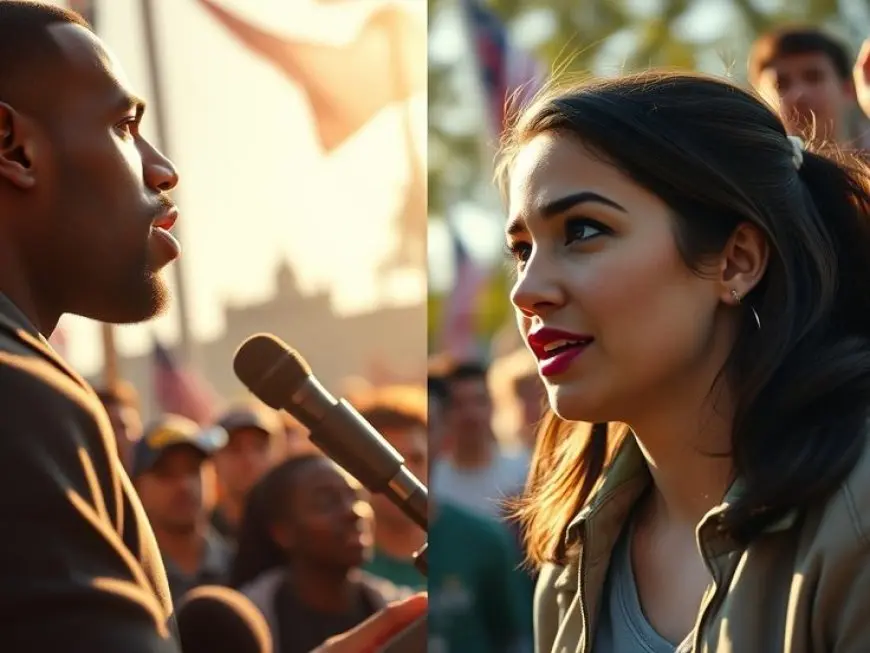How Celebrity Culture Affects Society
How Celebrity Culture Affects Society

Celebrity culture has become a dominant force in modern society, shaping everything from fashion trends to political opinions. With the rise of social media, celebrities are no longer confined to the silver screen or exclusive events but are now accessible to millions of fans around the globe. While celebrity culture can be entertaining and aspirational, it also has a profound influence on how we perceive success, beauty, and identity. In this exploration, we will delve into the ways celebrity culture affects society, from the impact on self-image to the role celebrities play in shaping societal values.
The Influence on Self-Image and Beauty Standards
One of the most immediate and visible effects of celebrity culture is its impact on self-image and beauty standards. Celebrities are often seen as the epitome of beauty, fashion, and success, setting ideals that many people aspire to. However, these ideals can create unrealistic expectations, particularly for young people who look up to their favorite stars. The proliferation of digitally enhanced images on social media further exacerbates these pressures, leading some individuals to feel dissatisfied with their own appearance. The desire to emulate celebrity looks has sparked a rise in cosmetic surgery, skin care products, and fashion trends aimed at helping people achieve these idealized standards.
Shaping Trends and Consumer Behavior
Celebrities play a significant role in shaping fashion, music, and lifestyle trends. When a celebrity endorses a product or adopts a particular style, their influence often results in an immediate increase in demand. Social media platforms like Instagram and TikTok have amplified this effect, as celebrities now share their daily lives, fashion choices, and personal opinions directly with their audiences. This access allows brands to tap into celebrity influence, making endorsements more powerful than ever. From the rise of influencer marketing to collaborations between designers and stars, celebrity-driven trends have a direct impact on consumer behavior, often dictating what products, styles, and experiences are popular at any given moment.
Impact on Mental Health
While celebrity culture can be an aspirational force, it can also have negative effects on mental health. The constant exposure to idealized portrayals of celebrity life, where fame, wealth, and beauty seem to define happiness, can lead to feelings of inadequacy or anxiety. People may feel pressured to live up to these standards, leading to dissatisfaction with their own lives. Additionally, the pervasive nature of celebrity culture means that fans are constantly bombarded with the private lives of their idols, which can create a sense of pressure to conform or to keep up with trends. In extreme cases, the obsession with celebrities can contribute to unhealthy behaviors, such as body dysmorphia or addiction to fame and materialism.
The Role of Celebrities in Political and Social Movements
In recent years, many celebrities have used their platforms to advocate for social justice, environmental issues, and political causes. From raising awareness about climate change to speaking out against racial inequality, celebrities have become influential voices in shaping public opinion and driving social change. This is not without controversy, however. While many fans appreciate celebrities using their status for good, others argue that celebrities may lack the expertise to speak on complex issues, leading to superficial activism. Nonetheless, celebrity involvement in political and social movements has had a significant impact, encouraging public engagement and raising awareness on a global scale.
The Cult of Personality and Its Consequences
The rise of celebrity culture has led to the emergence of the "cult of personality," where individuals are celebrated not only for their talents or accomplishments but also for their personal lives, opinions, and appearances. In this environment, fame often eclipses merit, and individuals are idolized despite their flaws or controversial behaviors. This can lead to a distorted sense of what is valued in society, where celebrities are elevated above others regardless of their contributions to their fields or communities. The focus on the personal lives of celebrities, from their relationships to their every move, often detracts from more meaningful discussions about culture, politics, and society.
Celebrity Culture and Social Media
The rise of social media has dramatically altered the relationship between celebrities and their audiences. Platforms like Instagram, Twitter, and YouTube allow fans to interact with their favorite stars in ways that were previously unimaginable. Celebrities can now curate their own personal brand, share moments of their lives in real-time, and even engage in direct conversations with fans. While this has created a more personal connection between celebrities and their followers, it has also led to an oversaturation of celebrity content. The constant need for attention and validation can lead to a decline in the value of authenticity, as celebrities become increasingly focused on crafting an image that aligns with public expectations.
Celebrity culture has an undeniable influence on society, shaping our perceptions of beauty, success, and even our social and political views. While it can inspire and entertain, it also poses challenges, particularly in terms of self-image and mental health. As social media continues to amplify the voices of celebrities, their influence will likely grow, both positively and negatively. It is essential for individuals to critically engage with celebrity culture, understanding its impact and finding balance in how they consume it. Ultimately, the way we engage with celebrity culture can help redefine its role in shaping the world around us.







